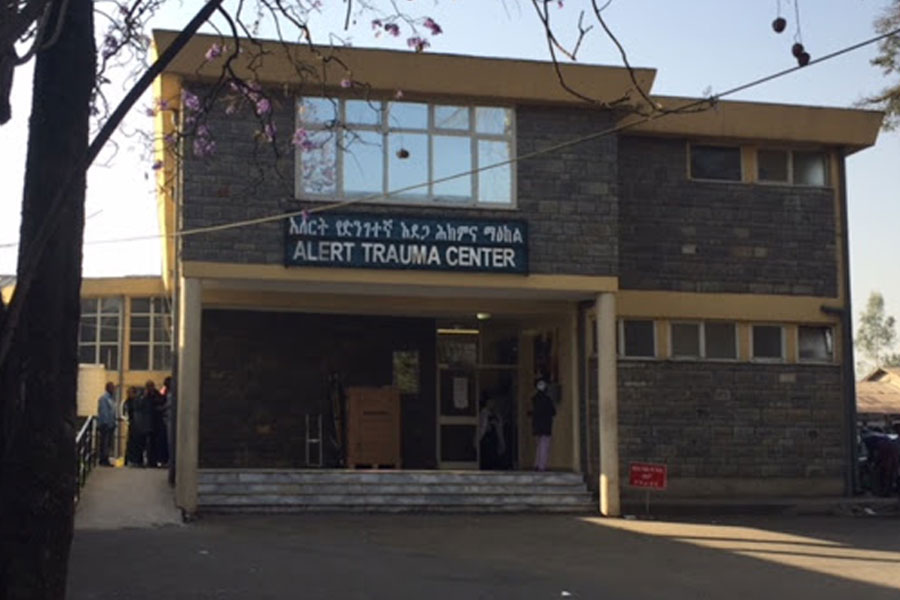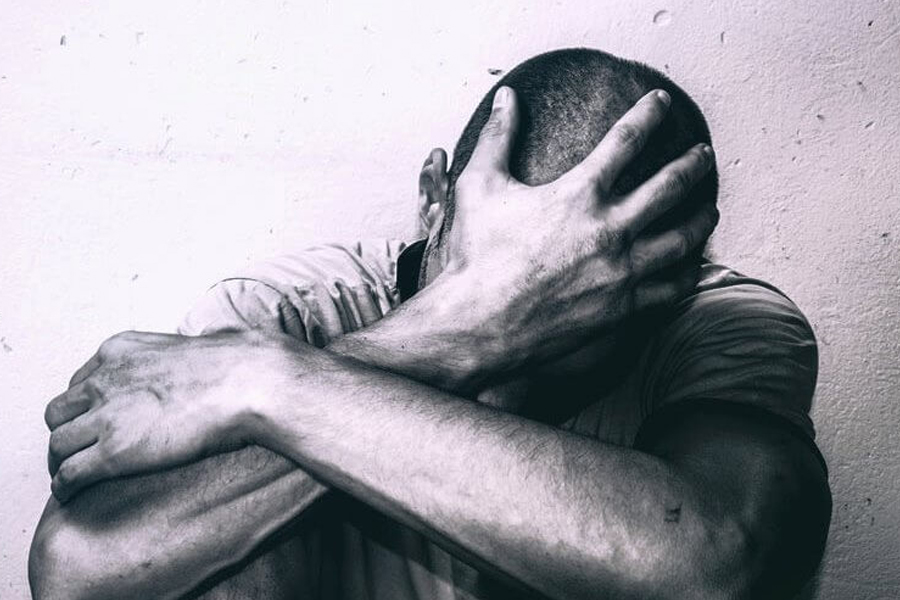
Life Matters | May 27,2023
Jun 24 , 2023
By Eden Sahle
Seven years ago, I met a woman while travelling to France. I often tend to sleep during long night-time flights, but the woman was charming and friendly, which kept me company. We exchanged phone numbers before we headed our separate ways.
Upon returning to Ethiopia several weeks later, we started to hang out. Despite the significant gap in age, experience and wealth, our friendship blossomed into working together on various projects, making the bond stronger.
She proved to be a valuable networking contact and helped my career significantly by offering opportunities and introductions to influential professionals. I admire her willingness to help others achieve their dreams.
Our friendship was based on the truth that we confront each other for the betterment of one another. We questioned each other’s life decisions and discussed solutions.
One of her life decisions was complex. She told me her longtime boyfriend never wanted to marry or have children, and she highly desires those things.
Irrespective of the difference in their ambitions, they seemed to be a well-seasoned couple. They lived together for 10 years and co-own successful businesses together.
His decision was not random, as multiple childhood traumas of parental abuse left him emotionally and mentally tormented. Both his parents had a physically abusive marriage that tainted his understanding of marriage. Despite trying therapy abroad and listening to a lot of advice, he never changed his decision.
He was honest about his decision and did not give my friend a false promise that one day he would change his mind, or they would have a family. In the face of counsel from many, she decided to be with him respecting his wishes. Unlike him, she compromised to accommodate his desire.
She had forsaken her wish to be married and become a mother. But somehow, she hoped he would change his mind.
As years went by without any change, they started having fierce disagreements about marriage and children. It took a decade for her to recognise the finality of his decision.
Our intervention to reconcile them did little to nothing. Their separation became inevitable as they both did not want to compromise. Tragically, they went their separate ways after all these years of having much love and care for one another.
The split did not make it better; rather, it landed my friend in a hospital for attempting suicide.
It is heartbreaking to watch her go through the painful ordeal of losing a long-time partner, as well as endure the "I told you so" feedback from her family and friends. People closer to her have told her she wasted her life, while she needed comfort and support, but she got blame and condemnation instead.
Studies also show that chronic trauma early in life may lead to permanent changes in the central nervous system, which may make a person more vulnerable to developing depression, anxiety, chronic pain, and autoimmune diseases.
Children who grow up with negative childhood experiences have a higher likelihood of clinical depression as adults and a higher probability of having problematic relationships. Bad childhood experiences, such as being unable to talk with family about their feelings, family neglect during difficult times, unable to enjoy community practices, and lack of sense of belongingness, continue to affect a child even in adulthood.
Individuals like my friend's former partner tend to feel insecure in most aspects of life, feeling an ongoing sense of danger and mistrust even when their lives are going well. They often fail to see a connection between their childhood abuse and neglect and their adult-life relational problems, thinking of themselves as lifetime victims stuck with problems.
The path to healing is neither easy nor immediate, as the couple must peel off the complex life challenges they faced individually and as a couple. As they work to mend their relationship, it is important to recognise the power parents hold over their children to make or break them.
Parents must learn to protect their children from trauma by providing a safe and nurturing environment. This includes being aware of potential dangers, monitoring their child's activities and social interactions, and seeking professional help.
They must prioritise their child's emotional and mental well-being, which can significantly impact their development and future success. Parents can help ensure their children's bright and healthy future by taking proactive measures to safeguard them.
PUBLISHED ON
Jun 24,2023 [ VOL
24 , NO
1208]

Life Matters | May 27,2023

Fortune News | Jun 19,2021

Life Matters | Oct 21,2023

View From Arada | Sep 11,2020

Featured | Jun 15,2019

Sunday with Eden | Jan 14,2023

Viewpoints | Jul 15,2023

View From Arada | Sep 14,2024

Agenda | Aug 04,2024

Sunday with Eden | Nov 12,2022

Photo Gallery | 180313 Views | May 06,2019

Photo Gallery | 170510 Views | Apr 26,2019

Photo Gallery | 161542 Views | Oct 06,2021

My Opinion | 137274 Views | Aug 14,2021

Dec 22 , 2024 . By TIZITA SHEWAFERAW
Charged with transforming colossal state-owned enterprises into modern and competitiv...

Aug 18 , 2024 . By AKSAH ITALO
Although predictable Yonas Zerihun's job in the ride-hailing service is not immune to...

Jul 28 , 2024 . By TIZITA SHEWAFERAW
Unhabitual, perhaps too many, Samuel Gebreyohannes, 38, used to occasionally enjoy a couple of beers at breakfast. However, he recently swit...

Jul 13 , 2024 . By AKSAH ITALO
Investors who rely on tractors, trucks, and field vehicles for commuting, transporting commodities, and f...

Nov 1 , 2025
The National Bank of Ethiopia (NBE) issued a statement two weeks ago that appeared to...

Oct 25 , 2025
The regulatory machinery is on overdrive. In only two years, no fewer than 35 new pro...

Oct 18 , 2025
The political establishment, notably the ruling party and its top brass, has become p...

Oct 11 , 2025
Ladislas Farago, a roving Associated Press (AP) correspondent, arrived in Ethiopia in...

Nov 2 , 2025
The National Bank of Ethiopia (NBE) has scrapped the credit-growth ceiling that had s...

Nov 2 , 2025 . By SURAFEL MULUGETA
The burgeoning data mining industry is struggling with mounting concerns following th...

Nov 2 , 2025 . By YITBAREK GETACHEW
Berhan Bank has chosen a different route in its pursuit of a new headquarters, opting for a transitional building instea...

Nov 2 , 2025 . By BEZAWIT HULUAGER
Nib International Bank S.C. has found itself at the epicentre of a severe governance...